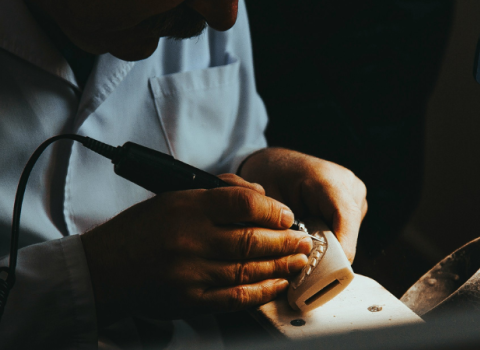Eight years after filing its application, Romania becomes the twenty-second member of the particle physics lab
Romania has become the twenty-second member of CERN, eight years after first applying for a seat at the world’s largest particle physics lab.
The CERN membership has important implications, according to Romanian education minister Sorin Cîmpeanu. The maximum number of Romanian researchers able to participate in CERN projects will grow from 100 to 500, and nuclear research projects in Romania will benefit from more financing opportunities, Cîmpeanu said.
Romanian officials hope that the CERN membership will encourage young researchers to pursue research careers at home, and that more high-tech companies will have access to CERN contracts. Currently, 39 companies based in Romania are working with CERN on projects worth €2.16 million.
Romania will now help run the institute, making a small contribution to the capital and operating costs of CERN’s programmes. It will be represented in the council, responsible for all important decisions about the institute and its activities.
The CERN lab, located on the outskirts of Geneva, houses particle accelerators and other infrastructure needed for high-energy physics experiments.
Romania is a long-time science partner of CERN, and its presence at the institute has grown over the years to around 100 visiting scientists.
CERN director-general Fabiola Gianotti, said she is very glad that the Romanian scientific community, in particular the younger generations, will now have increased opportunities to contribute. “We have a long history of working with Romania and I am delighted to witness this relationship being reinforced today,” she said.
Over 600 institutes and universities around the world use CERN’s facilities. Some 12,000 visiting scientists from over 70 countries – half of the world’s particle physicists – come to CERN for their research.
Apart from Israel, the other 21 members of CERN are European states. Cyprus and Serbia are next in the queue to join.
Romania is now building a €350 million photonuclear research facility south of Bucharest, which is due be inaugurated by the end of 2018.





 A unique international forum for public research organisations and companies to connect their external engagement with strategic interests around their R&D system.
A unique international forum for public research organisations and companies to connect their external engagement with strategic interests around their R&D system.